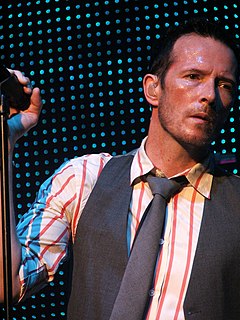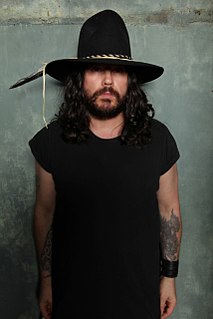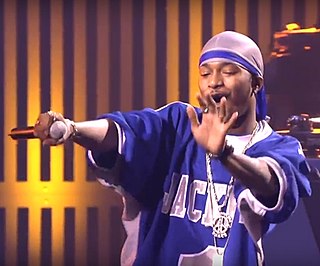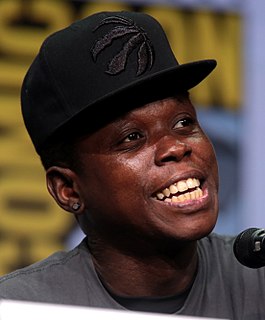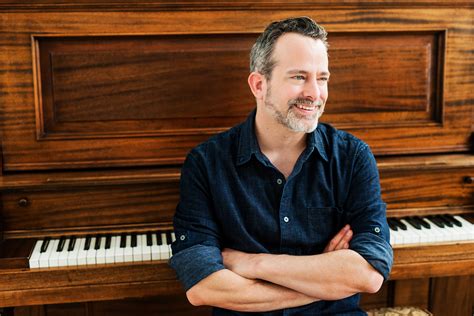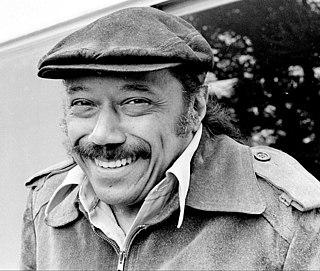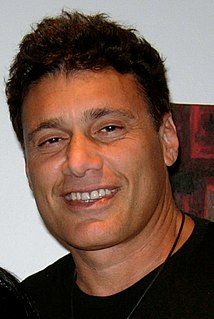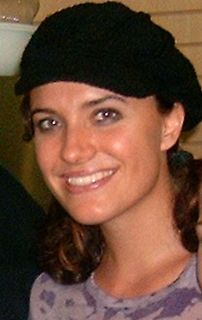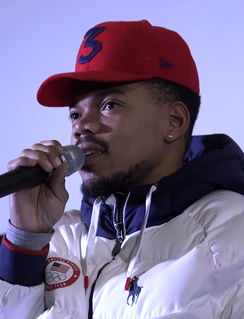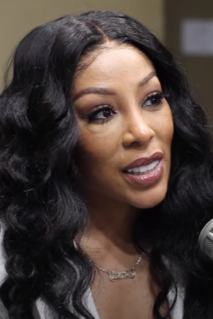A Quote by Scott Weiland
There was a period when STP and I weren't making music - we weren't getting along very good at all. But I had my studio, so I was writing and recording a lot of music. But something told me not to put it out. It was all stream of consciousness; it was clever, but it didn't really have substance.
Related Quotes
I wouldn't have known when I was a teenager that when I was coming up to being a sixty-year-old woman that I'd be making music, I'd be recording music, talking about music, and incorporating my views on the world into the music-making. So it's a very rarefied place to be, and I'm very grateful for that.
People around me are always an inspiration due to their love of the music and they help me to generate ideas for music. But it's really the passion and drive I have for my music that keeps me connected. I recorded my first song in the studio at 8 years old and I've taken it seriously since then. Making music is fun to me so I aim to translate those feelings into the music.
Basically my influences have been American influences. It's been blues, gospel, swing era music, bebop music, Broadway show music, classical music. It's like making a stew. You put all these various ingredients in it. You season it with this. You put that in it. You put the other in it. You mix it all up and it comes out something neat, something that you created.
It's very interesting to read why Cornelius Cardew became disenchanted with academic avant-garde music. He wanted to reach as many people as possible and change their consciousness. He wanted to reach the "working classes" in England. The kind of music he was making was very much from the academy, even though it had a lot in common with things like free jazz and improvisation, and he felt that it was the music of the elite, and that he wasn't really speaking to the people.
I'm very involved on a lot of levels in making of this album," "I wrote on 11 of the 12 tracks which is, creatively, really important to me. I want to be singing my music passionately and when I'm writing from a place where God has been teaching me something new-when I write from that place-it comes across when I'm singing. That's vital to the message and the reality of God that I want to impart with my music.
I didn't know if it would be a successful one, or what the stages would be, but I always saw myself as a lifetime musician and songwriter...I was always concerned with writing to my age at a particular moment. That was the way I would keep faith with the audience that supported me as I went along...I'm a synthesist. I'm always making music. And I make a lot of different kinds of music all the time. Some of it gets finished and some of it doesn't...The best music is essentially there to provide you something to face the world with.
I've only had a sit-down encounter with Robert once, and that one conversation was the best advice that I have gotten from any individual in the music industry. R Kelly told me that as long as I write life and not music I will always have a job. He listened to several of my records and told me that they were great records and for that to come from a man who has produced hit after hit gave me a comfort and reassurance that making honest and good music was not in vain.
